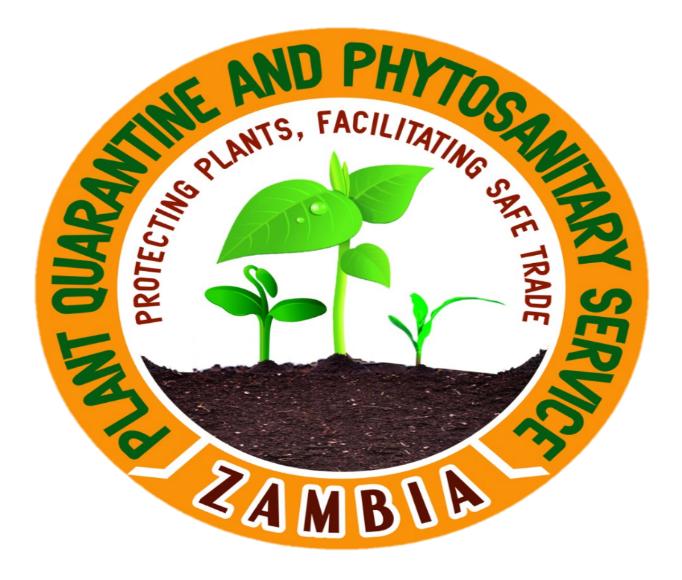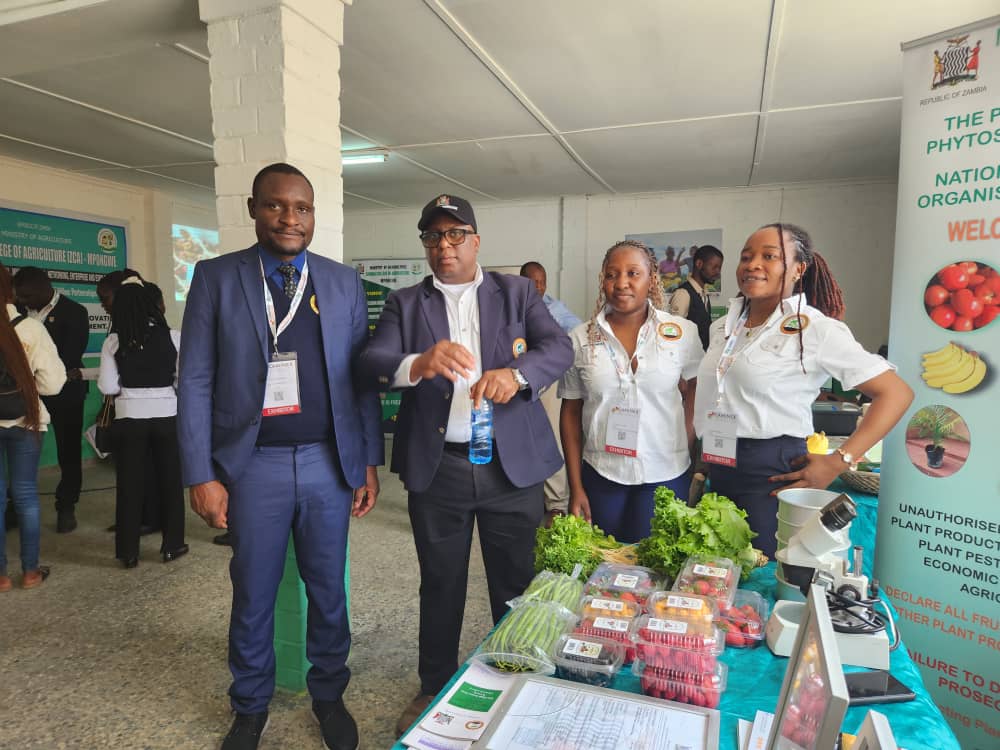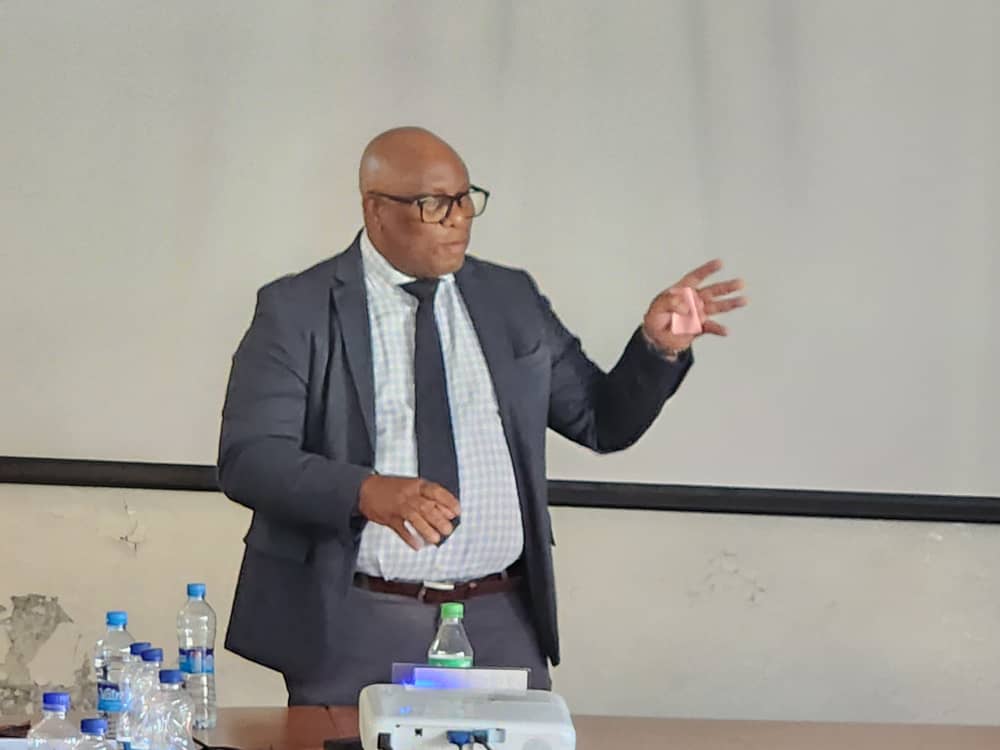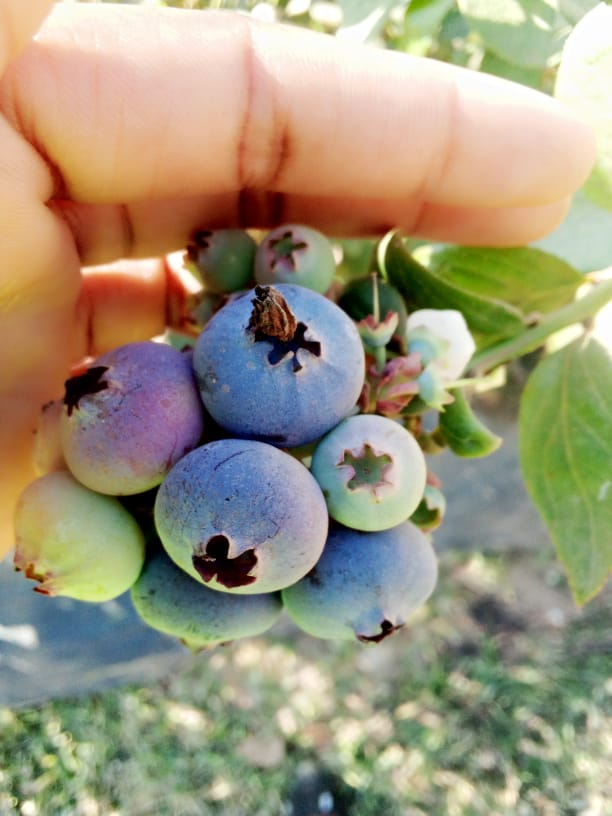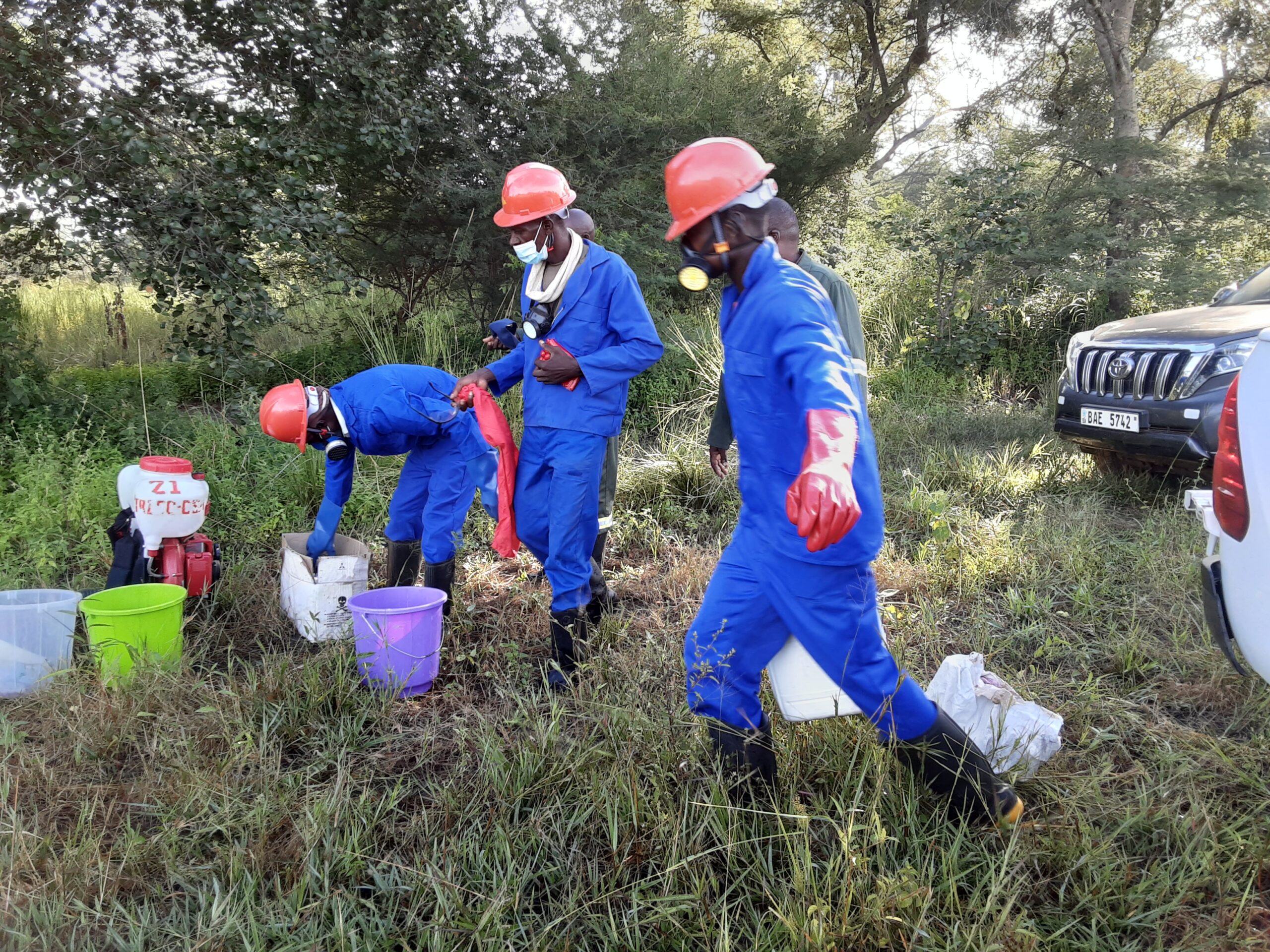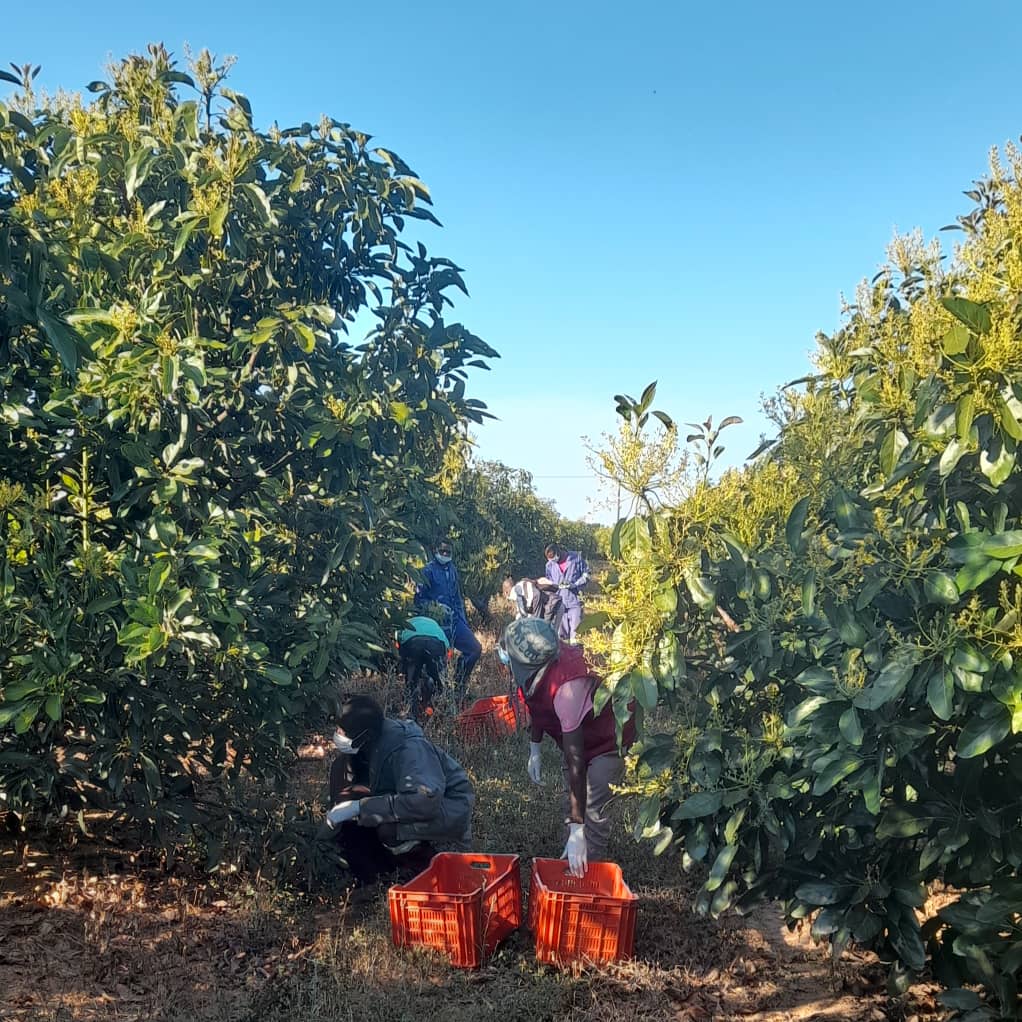Phytosanitary Showcase Display at CAMINEX 2025: Championing Plant Health and Trade Facilitation
Kitwe, Zambia – May 30, 2025 The Copperbelt Agricultural, Mining, and Industrial Networking Expo (CAMINEX) 2025, held from May 27 to 28 at the Kitwe Showgrounds, saw a strong presence of plant health and biosecurity stakeholders through a well-curated Phytosanitary Showcase Display. The exhibit, organized under the theme “Safeguarding Plant Health to Facilitate Trade and Ensure Food Security”, drew significant attention from farmers, agribusiness players, policy makers, and the general public. The showcase was spearheaded by the Plant Quarantine and Phytosanitary Service (PQPS) under the Ministry of Agriculture, in collaboration with regional and international partners. Its main goal was to raise awareness about phytosanitary measures—critical protocols aimed at preventing the spread of plant pests and diseases, especially in the context of increasing global trade and climate change. Promoting Safe Trade and Sustainable Agriculture The display highlighted Zambia’s commitment to implementing international phytosanitary standards under the International Plant Protection Convention (IPPC) and aligned with the African Continental Free Trade Area (AfCFTA) goals. Through a series of interactive sessions, models, and visual presentations, the public learned how effective plant health systems support market access, reduce crop losses, and contribute to national food security. Live demonstrations included: Engagement and Outreach Visitors had the opportunity to interact with plant health inspectors and scientists, gaining first-hand insight into the tools and technologies used in pest detection, risk assessment, and response protocols. Educational brochures and posters were distributed to raise awareness among smallholder farmers and agro-dealers about their role in upholding phytosanitary compliance. Several school groups and young farmers attended the display, sparking discussions on careers in agricultural biosecurity and plant protection. A Platform for Collaboration The showcase also served as a platform for regional cooperation. Representatives from SADC countries, development agencies, and research institutions exchanged ideas on harmonizing phytosanitary regulations, digitizing certification systems, and strengthening pest early warning networks. Stakeholders reaffirmed the need for continued investment in phytosanitary infrastructure, capacity building, and public-private partnerships to tackle transboundary plant pests such as Fall Armyworm and Tuta absoluta. Looking Ahead The success of the Phytosanitary Showcase at CAMINEX 2025 underscored the growing recognition of plant health as a pillar of sustainable development and trade competitiveness. As Zambia continues to expand its agricultural exports, ensuring robust and science-based phytosanitary systems will remain key to meeting international market requirements while protecting its biodiversity and food systems.
